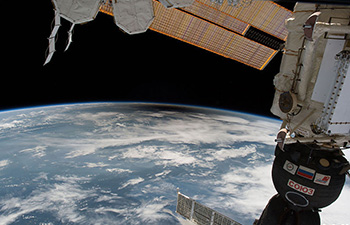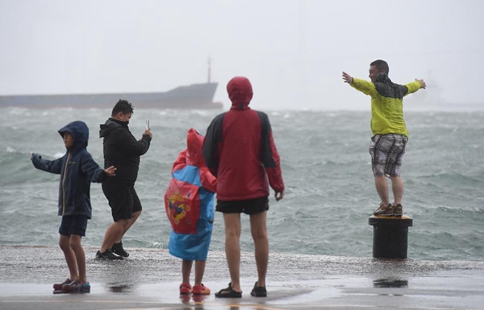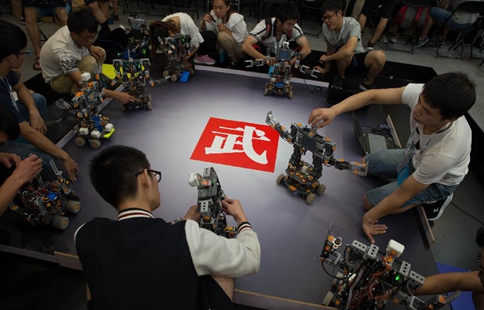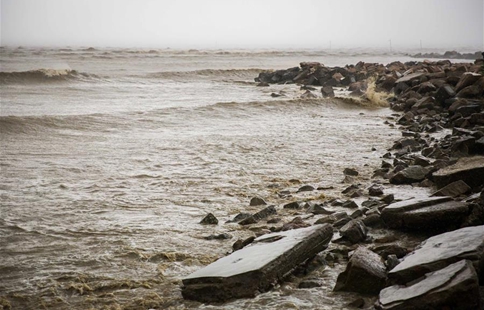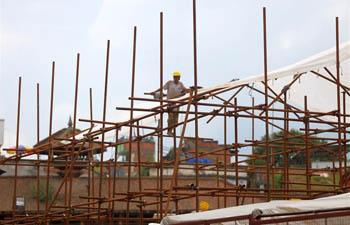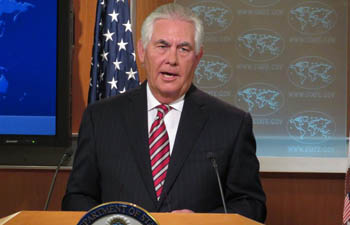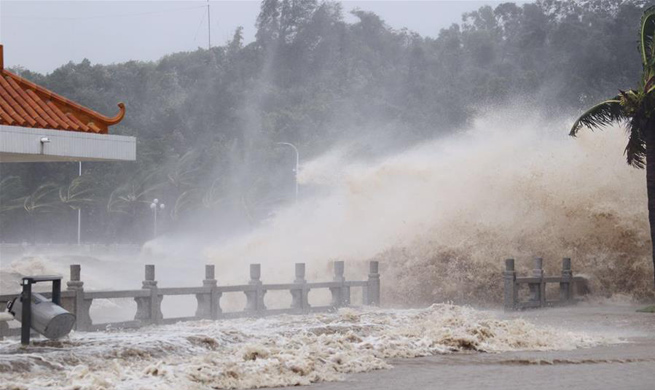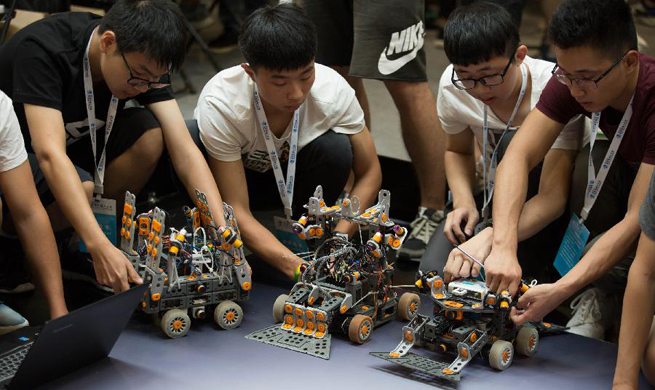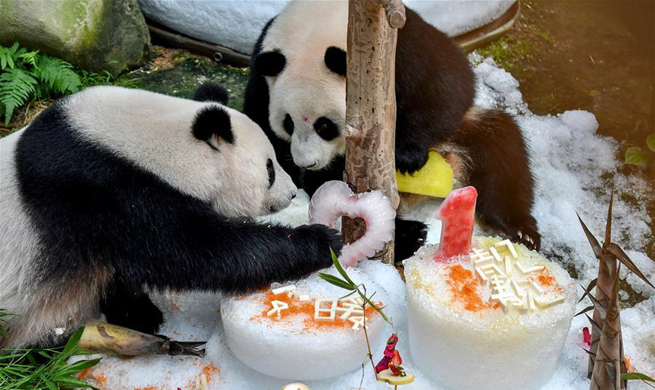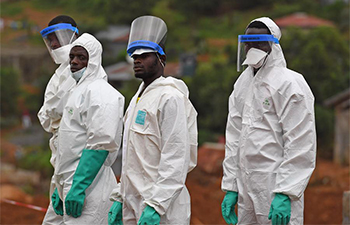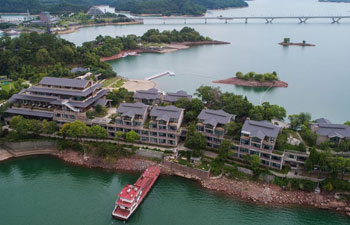By Yoo Seungki
SEOUL, Aug. 23 (Xinhua) -- South Korean President Moon Jae-in on Wednesday emphasized the improved relations with the Democratic People's Republic of Korea (DPRK) for the denuclearized Korean Peninsula amid emerging signs of dialogue atmosphere.
"When South-North relations were good, North Korea (DPRK)'s nuclear issue showed a hope of resolution and the Korean Peninsula's situations were stably managed. (We) need to look back on that experience," said Moon.
Moon made the remarks during a meeting with officials from the foreign and unification ministries, according to the presidential Blue House. The meeting was arranged to hear the opinions of the working-level officials about security and foreign affairs.
Attending the discussion session were senior presidential secretaries, including chief of staff and top security advisor, as well as foreign and unification ministers, director general-level officials and lawmakers of the ruling Democratic Party.
Under the late liberal presidents Kim Dae-jung and Roh Moo-hyun from 1998 to 2007, inter-Korean relations were better than for the past decade under the conservative governments.
Moon's comments came amid rapprochement signs between the DPRK and the United States.
Tensions ran high on the peninsula following the DPRK's first-ever tests of what it called an intercontinental ballistic missile (ICBM) in July.
It was followed by the trading of bellicose rhetoric between Pyongyang and Washington, but the DPRK delayed its planned missile strike targeting the waters off the U.S. island of Guam in the Pacific. In response, the U.S. president praised it as a "wise and well reasoned" decision.
"Spring comes without fail even after a frigid winter," said Moon who instructed officials to prepare policies in case the inter-Korean ties are enhanced.
Choo Mi-ae, chairwoman of the ruling Democratic Party, stressed the importance of the restored dialogue channels between the two sides, which were cut off following Pyongyang's nuclear tests last year.
Choo said at a meeting with British Ambassador to South Korea Charles Hay that she shared the view of the British diplomat that inter-Korean dialogue channels should be restored, according to local media reports.
The ruling party chief was quoted as saying the basic stance of President Moon and the party was to improve inter-Korean ties and resolve the peninsula nuclear issue through dialogue in a peaceful manner while sternly responding to provocations.
During the discussion session, Moon said the unification ministry should focus on materializing the so-called New Economic Initiative on the Korean Peninsula, which was advocated by the South Korean leader to enhance relations with the DPRK through economic cooperation.
Experts here expected Moon to inherit the Sunshine Policy, advocated by his liberal predecessors, of engagement with the DPRK through economic cooperation and the exchanges of culture, sports and personnel.
If the initiative is materialized, Moon said, it would lay foundation for peace on the peninsula and in Northeast Asia, contributing to South Korea's economic growth and job creation.
Moon said the DPRK's nuclear and missile programs, which he called the biggest challenge and threat, should be resolved through more active cooperative diplomacies with China, Japan and Russia based on the firm South Korea-U.S. alliance.
He instructed officials to expand its cooperative diplomacy into countries in Southeast Asia, Europe and the Middle East beyond the current diplomacy.




